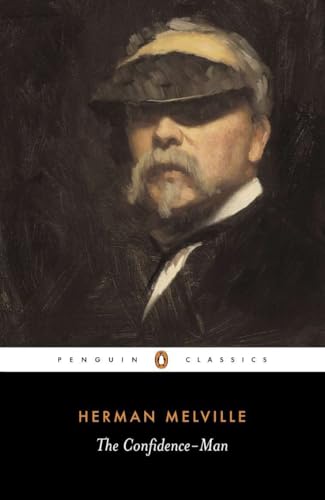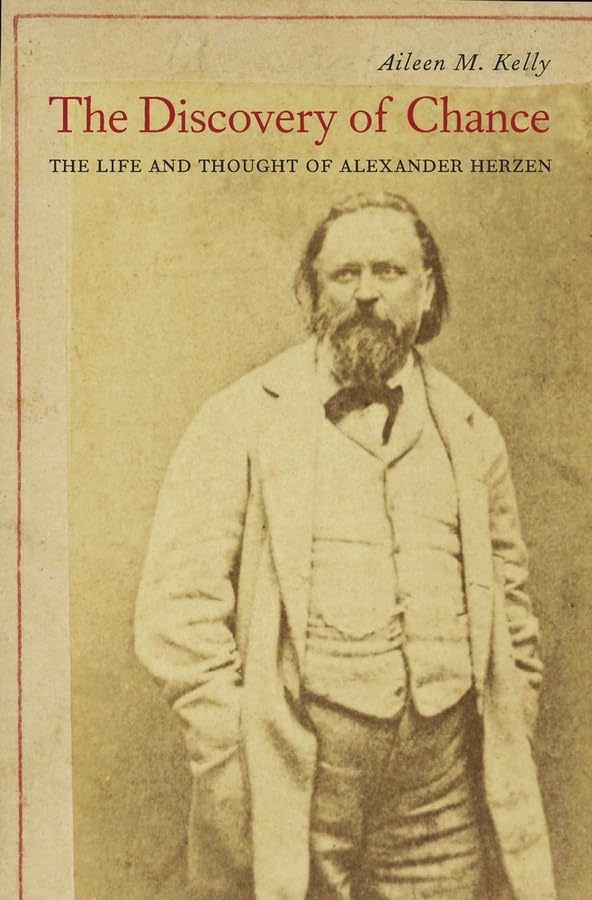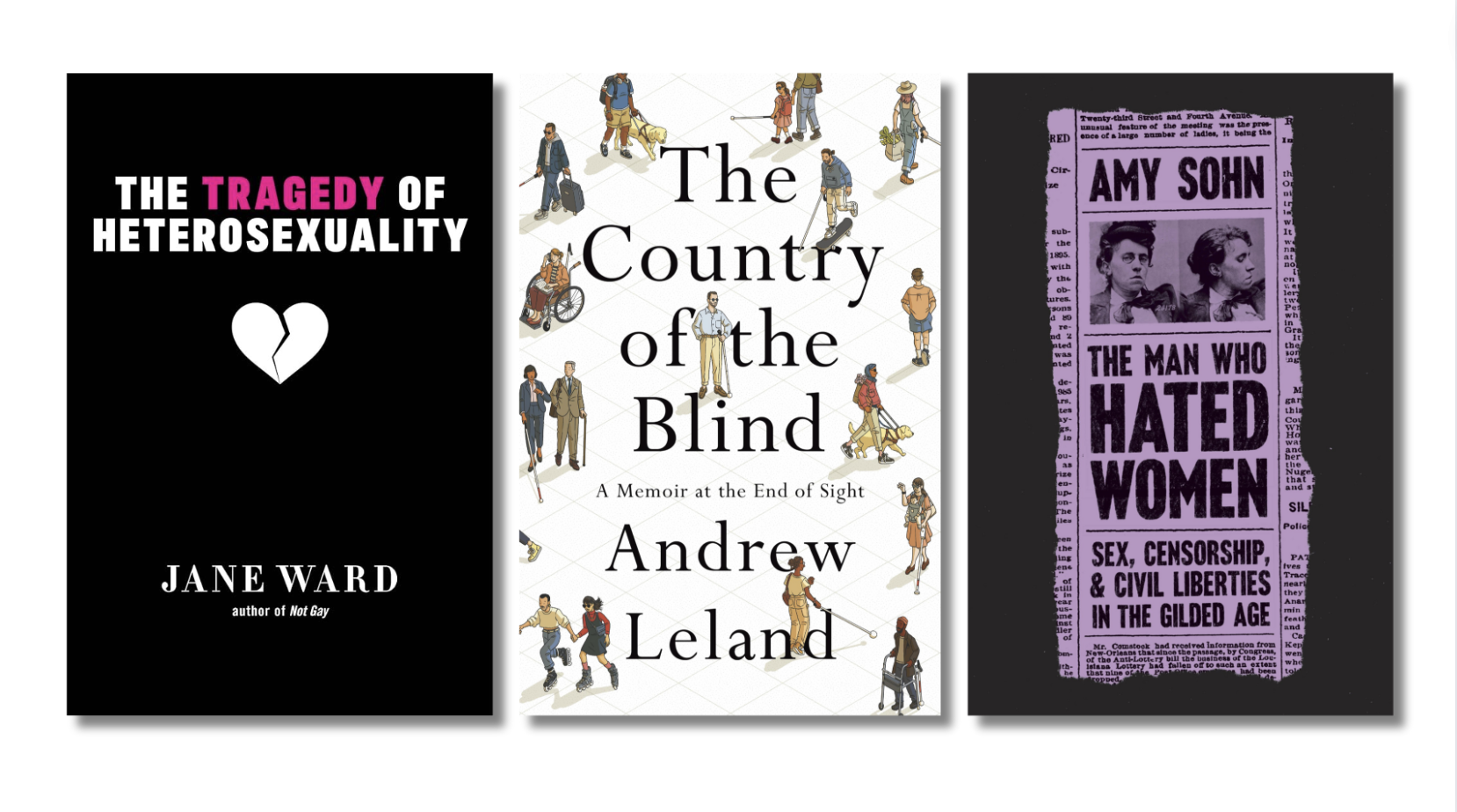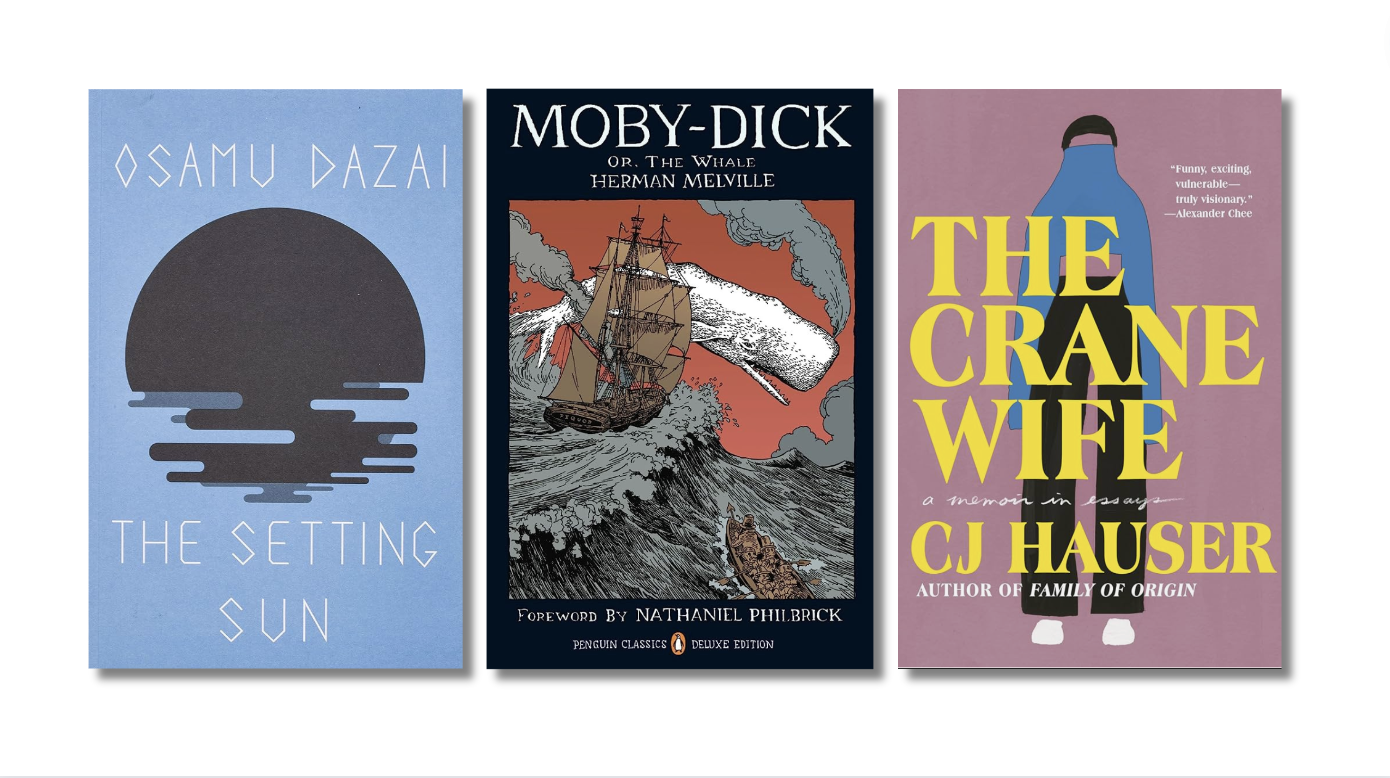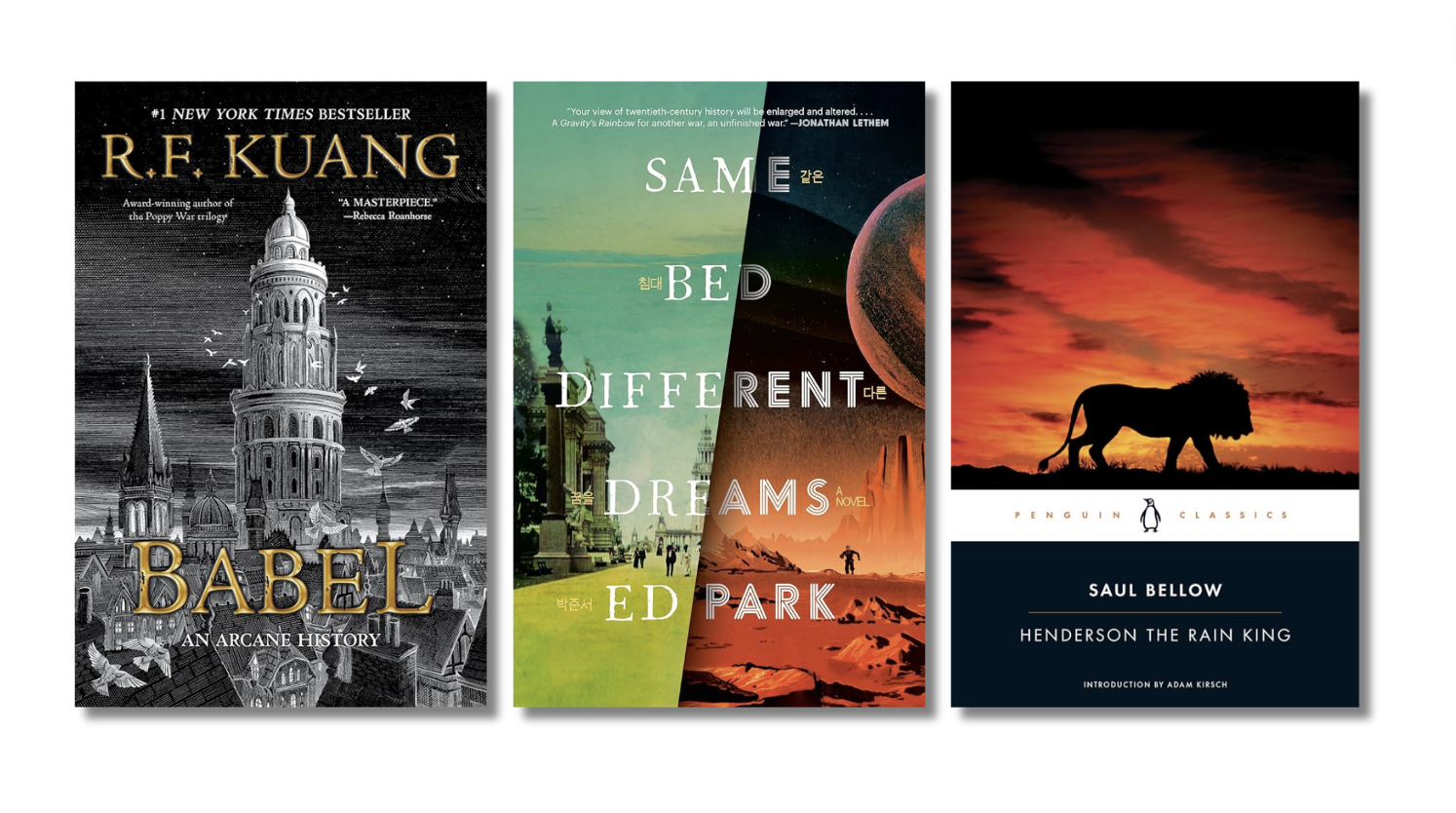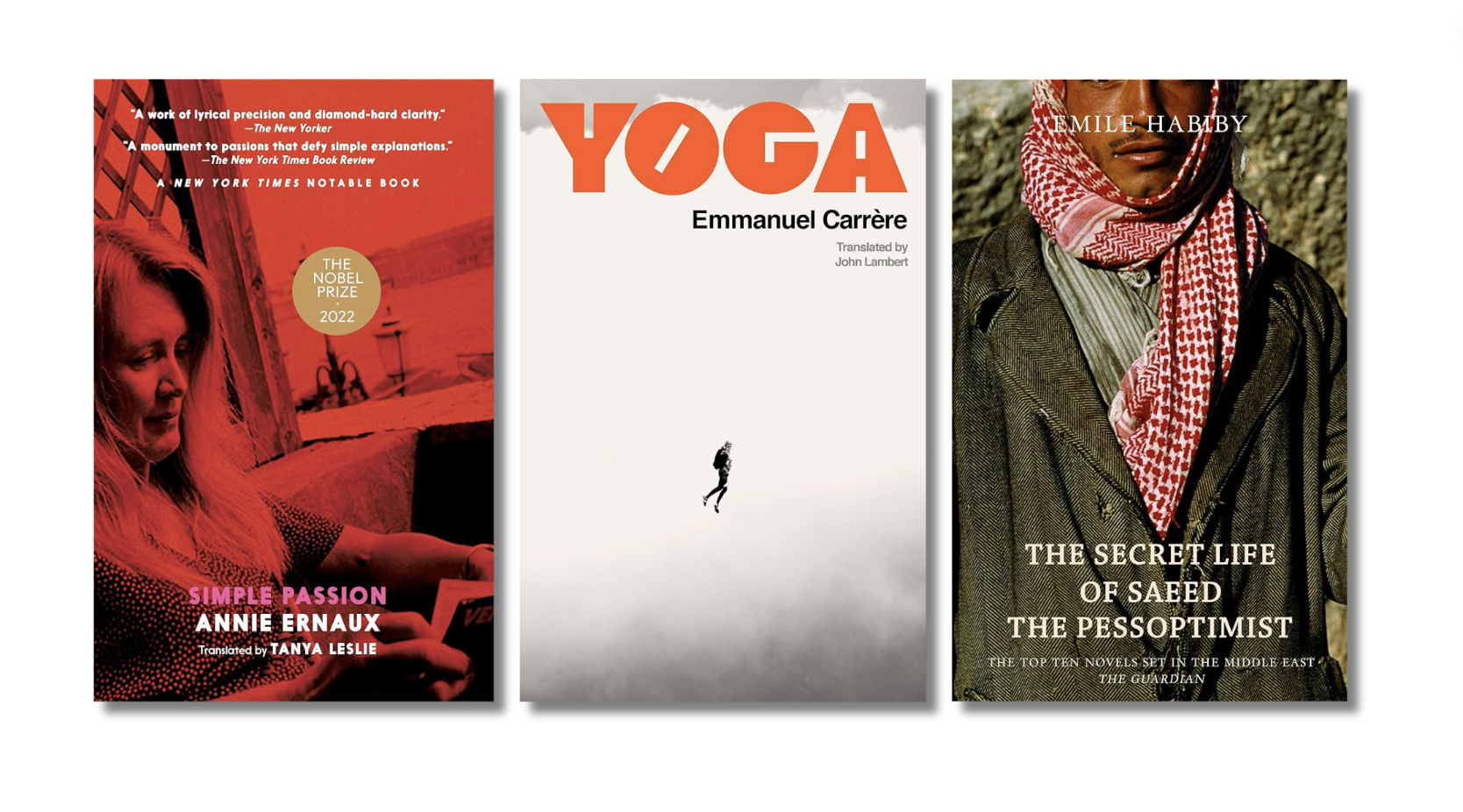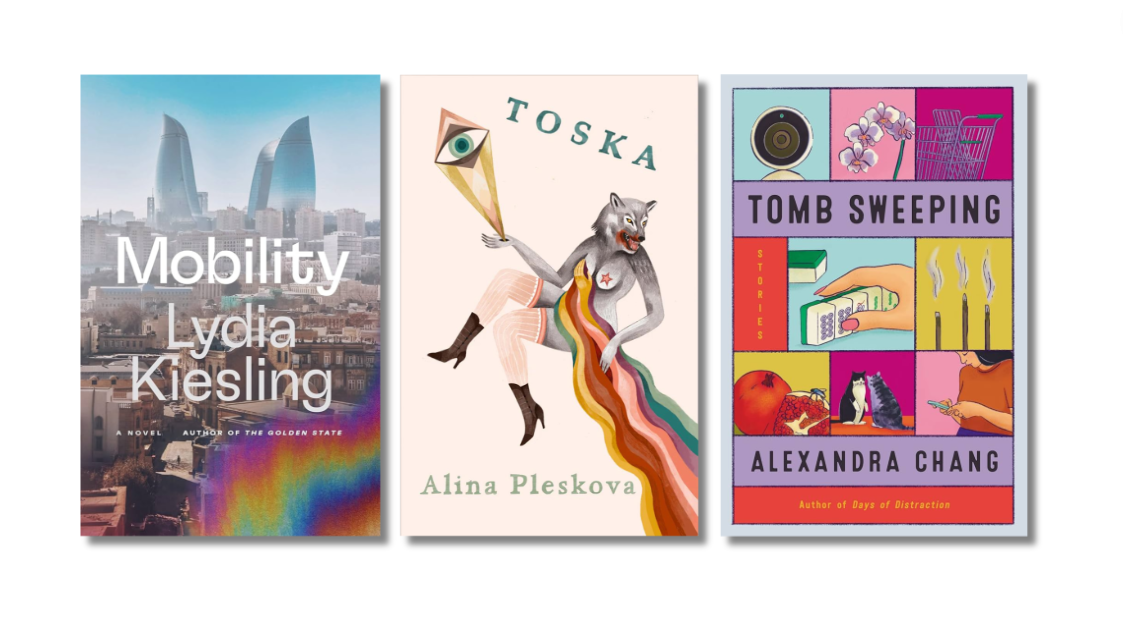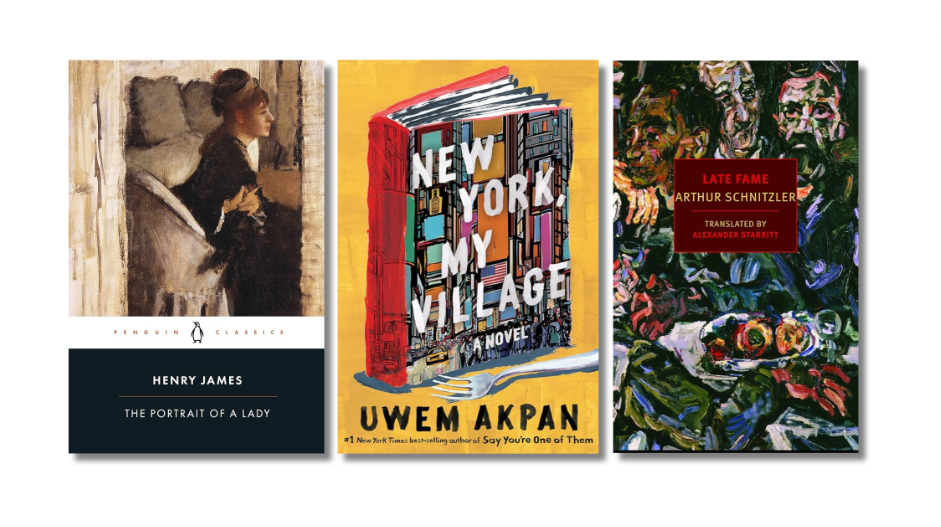I thought I was pretty familiar with Alexander Herzen. I’d read Isaiah Berlin’s articles on him and parts of his autobiography, and I could have told a good story about how as a teenager he swore an oath to fight tsarist tyranny, how he fled Russia for Western Europe and established the first free Russian press, and how he was vilified by both conservatives and radicals for his unfashionably nuanced views. All of that is true, but in reading Aileen M. Kelly’s new biography, The Discovery of Chance, I found that I really knew hardly anything about him. In the first place, he studied the natural sciences in college rather than history or philosophy like almost every other socially aware student of his generation, and this gave him the lens through which he viewed everything else: man was part of nature, and history was the product of natural laws. He had this crucial insight before Charles Darwin, and publicized it long before Darwin dared to. Furthermore, history, like life in general, was driven by chance rather than any kind of higher plan; it wasn’t heading inevitably toward a socialist paradise or any other destination. This idea was unacceptable to almost everyone then and is resisted even now, and Herzen himself took many years to assimilate it. Herzen’s twin emphases on truth and freedom carried him through to conclusions that still have the power to surprise and provoke: “There is no universally valid idea from which man has not woven a rope to bind his own feet, and if possible, the feet of others as well…Love, friendship, tribal loyalty, and finally even love of freedom have served as inexhaustible sources of moral oppression and servitude.” He opposed what he called “the mysticism of science,” and asked his fellow radicals “why belief in God is ridiculous and belief in humanity is not.”
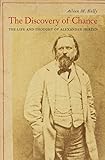 Kelly maintains a fine balance between the events of his life and the intellectual currents that shaped him; she has useful summaries of the work and ideas of thinkers like Georges Cuvier, Buffon, Montesquieu, and Emmanuel Kant, and a paragraph on Friedrich Wilhelm Joseph Schelling explains that mistily transcendental philosopher in a way that for the first time gives me an idea of what he meant and why he was so popular. She gives vivid descriptions of radicals like Pierre-Joseph Proudhon and Mikhail Bakunin, who had a huge influence on both Herzen and all of Europe. She seems to have absorbed everything relevant to her subject, and she challenges received opinion with brio. As I was reading it, I was thinking that anyone interested in the intellectual life of the 19th century would profit from this book, but having finished it, I think anyone interested in intellectual life, period, should get it. It’s the best work of history or biography I’ve read in a long time.
Kelly maintains a fine balance between the events of his life and the intellectual currents that shaped him; she has useful summaries of the work and ideas of thinkers like Georges Cuvier, Buffon, Montesquieu, and Emmanuel Kant, and a paragraph on Friedrich Wilhelm Joseph Schelling explains that mistily transcendental philosopher in a way that for the first time gives me an idea of what he meant and why he was so popular. She gives vivid descriptions of radicals like Pierre-Joseph Proudhon and Mikhail Bakunin, who had a huge influence on both Herzen and all of Europe. She seems to have absorbed everything relevant to her subject, and she challenges received opinion with brio. As I was reading it, I was thinking that anyone interested in the intellectual life of the 19th century would profit from this book, but having finished it, I think anyone interested in intellectual life, period, should get it. It’s the best work of history or biography I’ve read in a long time.
 Robert Bartlett’s The Making of Europe: Conquest, Colonization and Cultural Change, 950-1350 is an absorbing and detailed analysis of medieval history; his discussions of the interplay between the military and social meanings of words for “knight,” the history and spread of the general label “Frank” (“The classic enterprise which stimulated the use of this term was the crusade, the ‘Deeds of the Franks’ as its earliest chronicler called it”), race relations in the frontier zone of Latin Europe (“If we define, say, ‘German’ and ‘Slav’ by customs, language and law rather than by descent, the grandchildren of Slavs could be Germans, the grandchildren of Germans Slavs”), and localized repertoires of names (“It is easy, given a few personal names, to tell which region or ethnic group is being talked about”) kept me reading with interest and taught me a great deal.
Robert Bartlett’s The Making of Europe: Conquest, Colonization and Cultural Change, 950-1350 is an absorbing and detailed analysis of medieval history; his discussions of the interplay between the military and social meanings of words for “knight,” the history and spread of the general label “Frank” (“The classic enterprise which stimulated the use of this term was the crusade, the ‘Deeds of the Franks’ as its earliest chronicler called it”), race relations in the frontier zone of Latin Europe (“If we define, say, ‘German’ and ‘Slav’ by customs, language and law rather than by descent, the grandchildren of Slavs could be Germans, the grandchildren of Germans Slavs”), and localized repertoires of names (“It is easy, given a few personal names, to tell which region or ethnic group is being talked about”) kept me reading with interest and taught me a great deal.

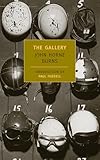
 David Stahel’s Kiev 1941 shows that Adolf Hitler’s war in the east was lost by the end of August 1941; the rest was a long, drawn-out, incredibly destructive demonstration of that fact, with the Soviet advantage in manpower and resupply grinding down the German war machine. Hitler and Joseph Stalin both made major errors, but Stalin learned from his and started letting his generals make decisions; Hitler learned nothing and insisted more and more on his unique genius. This is a superb book of military history, with a fresh and convincing analysis.
David Stahel’s Kiev 1941 shows that Adolf Hitler’s war in the east was lost by the end of August 1941; the rest was a long, drawn-out, incredibly destructive demonstration of that fact, with the Soviet advantage in manpower and resupply grinding down the German war machine. Hitler and Joseph Stalin both made major errors, but Stalin learned from his and started letting his generals make decisions; Hitler learned nothing and insisted more and more on his unique genius. This is a superb book of military history, with a fresh and convincing analysis.
Like so many other people, I devoured Elena Ferrante’s glorious Neapolitan quartet; when I was done, I had a Naples itch, and to scratch it I finally read my ancient copies of John Horne Burns’s The Gallery and Norman Lewis’s Naples ’44, and was bowled over by both. The first, a set of stories whose characters often find themselves in the Galleria Umberto in downtown Naples, won renown when it was published in 1947 (John Dos Passos called it “the first book of real magnitude to come out of the last war”) but seems to have been forgotten along with its author, who faded quickly; NYRB Classics revived it a few years ago, and I hope it regains its deserved high reputation. Lewis was a British intelligence officer before he became one of the finest travel writers of the last century, and his account of his experience mediating between the triumphant Allies and the starving but resourceful Neapolitans is alternately funny, horrifying, and just plain humane. Together they provide a stereoscopic view of a time and place that will help Ferrante readers understand the world her characters were shaped by, and will help any reader understand the behavior of armies among civilian populations.
Also during 2016 I went on a Herman Melville binge (Moby-Dick is as great as I remembered, Israel Potter was surprisingly enjoyable, and The Confidence-Man turns out to be an amazing novel the vision of which is too dark to allow it the popularity it merits), and my wife and I continue to make our way through Anthony Trollope (we’re not enjoying the parliamentary novels as much as the Barchester series so far, but that’s a high bar, and we’re only up to Phineas Finn).
More from A Year in Reading 2016
Don’t miss: A Year in Reading 2015, 2014, 2013, 2012, 2011, 2010, 2009, 2008, 2007, 2006, 2005





